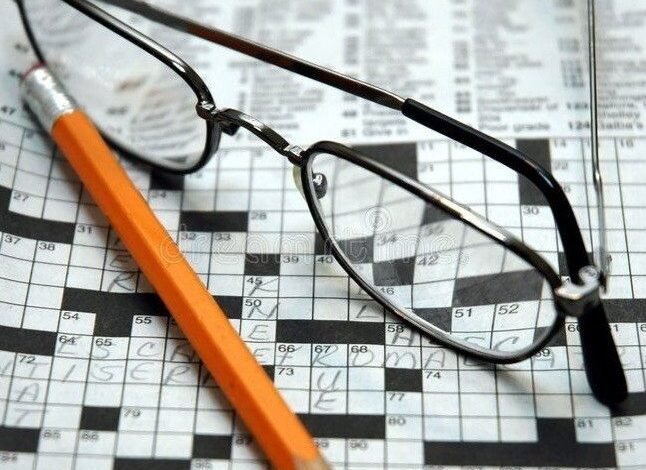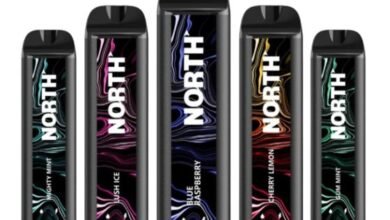Real No Brainer NYT Crossword: Clue and Solution
Real No Brainer NYT Crossword: Clue and Solution

Crosswords are more than just a pastime—they’re a workout for your mind. The “Real No Brainer” NYT Crossword has emerged as not only a favorite amongst puzzle fanatics but also a proven tool to promote cognitive health. If you’re not already incorporating this mental challenge into your routine, you’re missing out on a fun and effective way to strengthen your brain.
What makes the “Real No Brainer” NYT Crossword so significant? From its engaging design to its ability to boost mental agility, this crossword puzzle is redefining how we think about brain exercises. This post will explore the science-backed benefits of crossword puzzles, why the NYT edition stands out, and how adding puzzles to your day can improve your cognitive health.
The Science of Crosswords and Cognitive Health
Before we zoom in on the “Real No Brainer” NYT crossword, let’s dissect why puzzles, in general, are so essential for the brain. Extensive research confirms that engaging in brain-stimulating activities such as crosswords can reduce cognitive decline and improve mental health.
A study published in NEJM (New England Journal of Medicine) revealed that mentally stimulating activities, such as solving puzzles, could lower the risk of dementia. Participants who regularly engaged in puzzles experienced slower rates of memory loss and better problem-solving skills compared to those who didn’t.
Why crosswords are so effective for brain health:
- Memory boost: Crosswords encourage recall of words, phrases, and knowledge, strengthening your memory over time.
- Problem-solving improvement: Finding the right fit for tricky clues keeps your brain in critical-thinking mode.
- Stress reduction: The immersive nature of crosswords can divert your focus from everyday stressors, providing relaxation.
- Language skills: Expanding your vocabulary and understanding wordplay helps refine communication skills.
Simply put, the act of solving crosswords lights up multiple areas of your brain, making them ideal for long-term cognitive health.
Why the “Real No Brainer” NYT Crossword Stands Out
The New York Times (NYT) crosswords have long held a reputation for their quality, wit, and clever themes. Still, the “Real No Brainer” crossword takes this a step further. Here’s why it’s a standout pick when it comes to boosting cognitive health:
1. Designed for All Levels of Experience
Unlike some overly complex puzzles that can feel discouraging, the “Real No Brainer” crossword is accessible without being overly simplistic. Whether you’re a seasoned crossword solver or a beginner looking to ease into routine puzzling, this version ensures an enjoyable and rewarding challenge for everyone.
2. Engaging Themes and Clues
The puzzles feature clever, often lighthearted themes that captivate and keep solvers coming back. This “fun factor” encourages consistency—a key to reaping cognitive benefits. For example, clues may range from pop culture tidbits to classic trivia, keeping solvers versatile and engaged.
3. Boosts Creativity Alongside Logic
The playfulness embedded in the “Real No Brainer” crosswords stimulates not only logic and memory but also creativity. Deceptively simple clues encourage outside-the-box thinking, so you get a whole-brain workout.
4. Widely Accessible
With its availability both in print (for the traditionalists) and digitally (for the tech-savvy), the “Real No Brainer” caters to all preferences. Sit with your steaming coffee cup and pencil, or swipe away on your smartphone between meetings—your brain gets a workout either way.
How to Incorporate Crossword Puzzles Into Your Day
While the benefits of engaging in puzzles occasionally are clear, true value comes when they’re part of a regular routine. This doesn’t mean you need to spend hours solving crosswords—small, consistent efforts can make a big difference.
Here’s how to maximize the cognitive payoffs of activities like the “Real No Brainer” crossword:
- Start Your Day Smart:
Dedicate the first 15 minutes of your morning to solving crosswords. Doing so activates problem-solving areas in your brain, helping you start the day with sharper focus.
- Keep One Handy for Breaks:
Carry a portable crossword (or download the NYT Crossword app). Turn idle moments, like lunch breaks or public transit rides, into brain-boosting sessions.
- Solve with Friends or Family:
Deciphering clues together makes it a fun social activity, enhancing teamwork and communication alongside cognitive skills.
- Take it Slow:
Solving one puzzle per day is ideal—you don’t need to rush through them. Steady engagement over time is more impactful than trying to finish a week’s worth of crosswords at once.
- Track Your Progress
Keep a log of how many puzzles you complete, and note any areas where you find improvement. Tracking small wins can motivate you to keep going.
Real Success Stories of Crossword Lovers
Sometimes the best validation comes from real-life examples. Here are a few success stories of individuals who found transformative cognitive benefits from regular crossword-solving with the NYT’s “Real No Brainer” edition.
- Meet Anna, the Witty Wordsmith
After starting her daily crossword habit at 55, Anna noticed her memory sharpened significantly. “I struggled with recalling names at parties. Now, I surprise myself with how much trivia I can remember,” she shares.
- James, Turning Stress into Solutions
For James, a finance consultant, crosswords were his way of unwinding after work. “Instead of doom-scrolling, I spend my evenings solving crosswords. It’s meditative while helping me solve problems at work more efficiently.”
- Mia, a Busy Mom Discovering ‘Me Time’
Balancing motherhood and career didn’t leave Mia much breathing room. “Crosswords became my 20-minute escape. I noticed that this small mental break made me more present for my family as well.”
These testimonials reflect how anyone, regardless of life stage or occupation, can integrate crosswords for improved mental agility and relaxation.
Challenge Your Mind Today
Science doesn’t lie—staying mentally engaged is essential for long-term cognitive health, and few activities deliver as many benefits as crosswords. The “Real No Brainer” NYT Crossword makes it easy, accessible, and, most importantly, enjoyable to keep your brain sharp.
Whether you’re seeking to preserve memory, reduce stress, or simply add a fun touch to your routine, this crossword offers something for everyone. Why not give it a try yourself? Brew a cup of your favorite coffee, grab a pencil (or phone), and immerse yourself in the satisfying world of word-solving.



